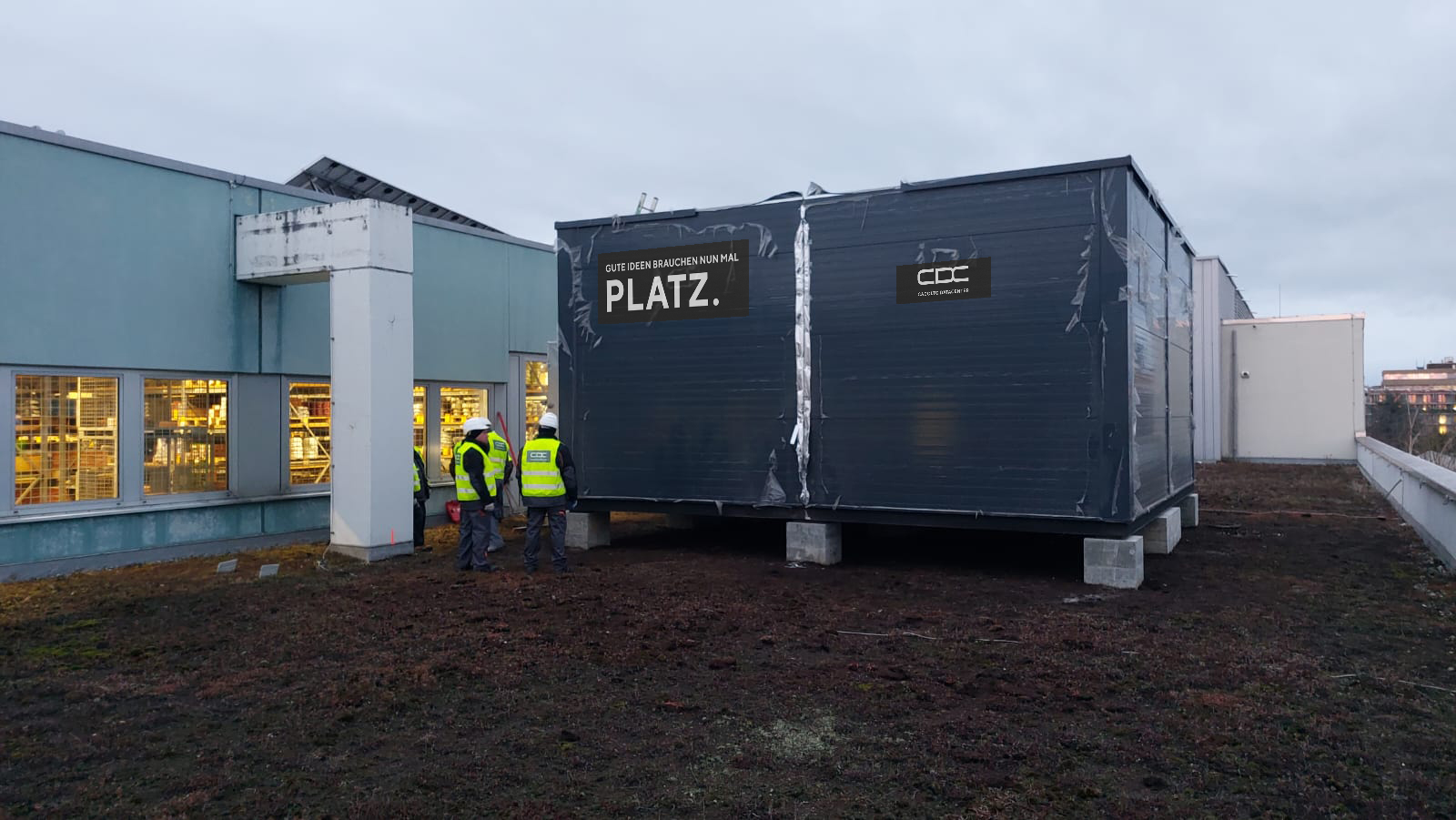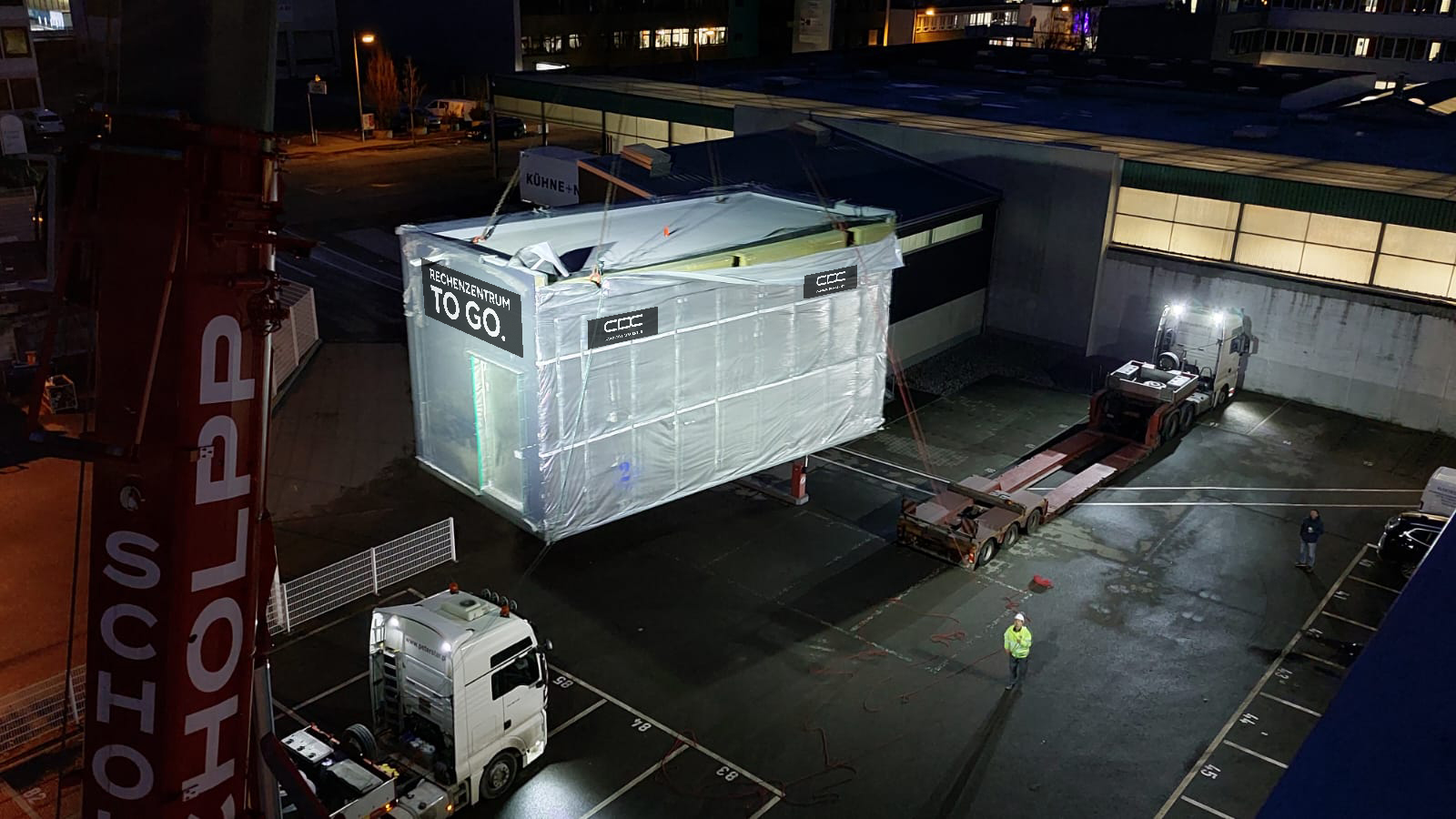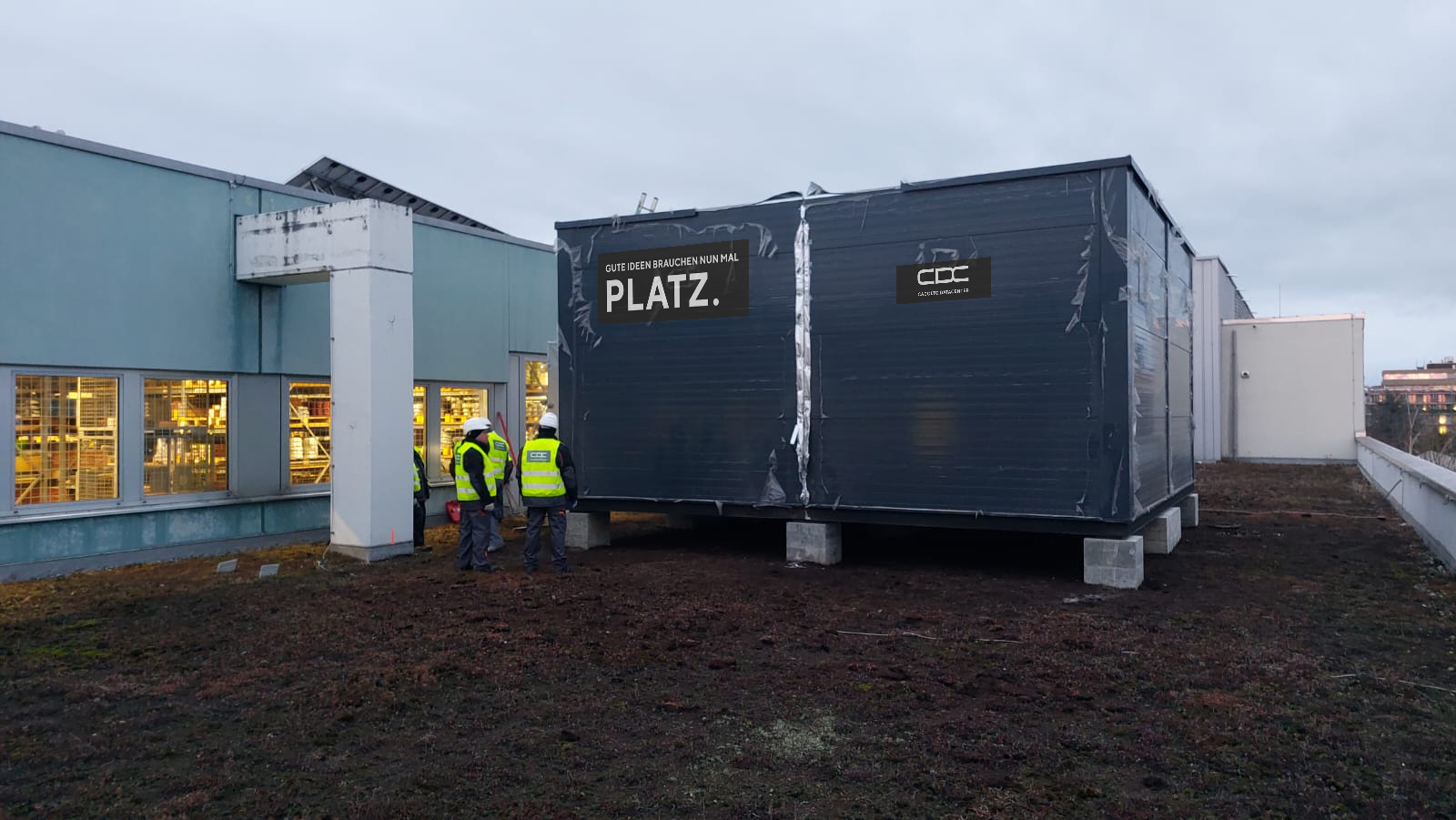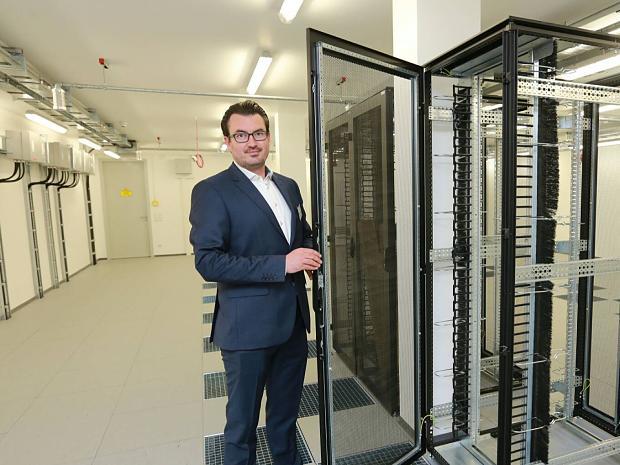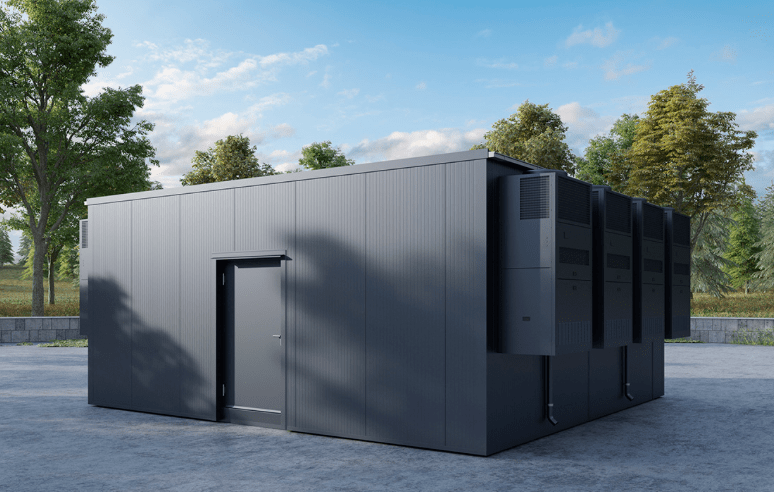The ongoing energy crisis prompted the German government to step in at the end of September 2022 with a €200 billion rescue package that will see gas prices capped for companies and households alike.
But will this really deliver relief to businesses and end users? Or is this artificial intervention in the market not constructive since the market actually regulates itself? Companies, in particular, should look to the future before the bailout funds dry up.
At this point, it definitely pays to invest in your own energy efficiency in the long term.
The best possible time to do this is right now, as there is no end in sight to rising inflation and energy prices. In this case, delaying your decision means taking a big risk, as an investment later on will be much more expensive.
A company’s energy consumption represents an increasingly large cost factor. This applies, in particular, to data centres. They usually consume a lot of energy. And as there appears to be no end to soaring energy costs, it is imperative to permanently reduce consumption.
Many data centres are outdated and no longer economically viable, since they simply consume too much energy. Due to the current market price hikes, the break-even point in favour of new investments in data centres has fallen significantly. It obviously makes sense to invest in state-of-the-art data centres from Cadolto Datacenter that are designed for maximum energy efficiency.
They help to save energy from the first day of operation, offering the fastest possible availability as either rental or purchase options. Further, Cadolto data centres can, if required, be expanded without interfering with ongoing operations and grow with the requirements placed on them.


